
Oral third-generation cephalosporins failed to treat Shigella sonnei infections despite in vitro susceptibility in 4 cases.

Oral third-generation cephalosporins failed to treat Shigella sonnei infections despite in vitro susceptibility in 4 cases.

Lucas Schulz, PharmD, BCPS, AQ-ID, discusses how he is preparing for COVID-19 as a clinical pharmacist working in Wisconsin.

Paul Blair, MD, MHS, MSPH, discusses the needs of frontline health care workers.
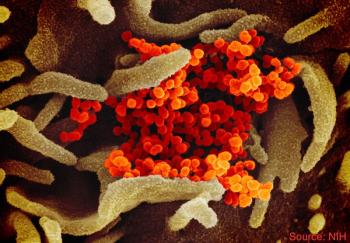
Over time we will learn the best utility of the ELISA test, as SARS-CoV-2 is here to stay.

Germany's National Academy of Sciences issued statements in March and April detailing necessary containment measures and a path to normalization.
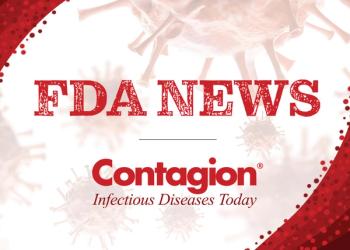
Here is a look at infectious disease-related FDA news from the week of April 12, 2020.
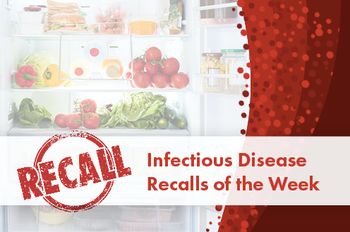
We’ve compiled a list of recalls issued by the US Food and Drug Administration (FDA) and US Department of Agriculture (USDA) from this past week:
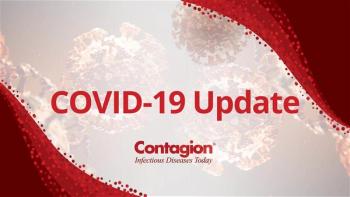
Stay up to date with the latest COVID-19 news from Friday, April 17th.

The first phase allows states to ease lockdowns when they experience a 14-day downward trend in several COVID-19 indicators.

Stay up-to-date on the latest infectious disease news by checking out our top 5 articles of the week.

Deaths were reported among all age groups of health care personnel infected with COVID-19.

In a new editorial, 2 prominent physicians argue the incoming class of medical students ought to have their first year of medical school replaced with a year of public health service.

A new case of Ebola has been confirmed in the city of Beni in the Democratic Republic of the Congo.

A modelling study to forecast COVID-19 spread in China and inform decisions on relaxing restrictions, predicts a second wave that could require greater restrictions.

Rebecca Dutch, PhD, discusses misconceptions about the SARS-CoV-2 virus, how the virus differs from other coronaviruses, and critical information that remains unknown.

Stay up to date on the latest COVID-19 news from Thursday, April 16, 2020.
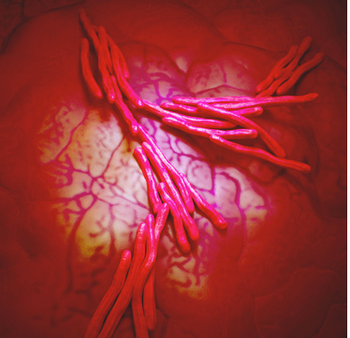
Tuberculosis is a threat to people living with HIV and finding preventive therapies that don’t cause interactions with antiretrovirals is a priority.

Pandemic preparedness and response plans should integrate public mental health interventions.

The UK is offering guidance on psychological first aid, which can help offset short- and long-term mental health consequences of social distancing.

Jeannette Bouchard, PharmD, discusses how ID pharmacists are taking on new responsibilities and working collaboratively to respond to COVID-19.

As the influenza season for 2019-20 comes to a close, Contagion® has the latest on baloxavir and what other infections adults with the flu may have.

Hospitals are struggling, but just how bad is it?

A new study adds another item to the list of things COVID-19 health care workers need to be concerned about: insomnia.

It is still not clear whether detection of COVID-19 antibodies translates to long-term immunity to the virus.

Stay up to date on the latest coronavirus updates from April 15th.

The study has not been peer-reviewed yet, but the findings have been released to assist the public in responding to COVID-19.

Its not only shortage of ventilators, but of the sedatives, anesthetics and paralytic agents for patients on ventilators that reveal inadequacies in supply chain.

Social distancing and stay-at-home orders have helped slow the spread of COVID-19, but they have also had a drastic impact on the world’s economy. A new study finds there might be a middle ground.

A worldwide tool can track exposure and outcomes for health care workers who perform intubations on suspected and confirmed COVID-19 patients.

Paul Blair, MD, MHS, MSPH, discusses the changes to everyday life as an ID specialist brought on by COVID-19.